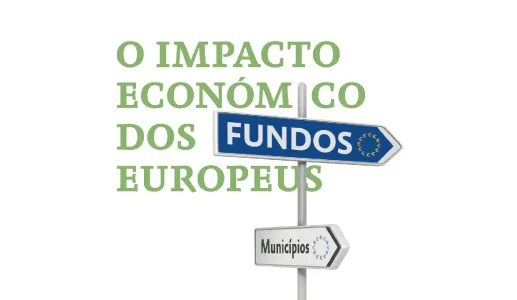
The economic impact of European funds
Income convergence between the different European regions is one of the European Union's most important political priorities. European co-financing of local initiatives is intended to have a direct impact on the economy through business dynamics and employability. However, the empirical evidence on the impact of structural funds on promoting growth is far from consensual.
This study by Fundação Francisco Manuel dos Santos analyses information from all the municipalities in mainland Portugal between 2003 and 2010 to assess the impact of the amounts and earmarking of European funds on the municipalities that access them:
- creation and destruction of private companies
- job creation and destruction
The approach chosen for this study has the advantage of working with data from all the municipalities in mainland Portugal, i.e. all of the geographical entities in a single country, comparable because they are subject to the same legal and administrative framework and there are no relevant intermediate decision-making levels between the municipality and the central government.
The results of access to European funds can therefore be more easily identified. In addition, following a description of the data of interest and access to European funds, two alternative methods of causality analysis are used, the Instrumental Variables technique and the Difference-in-differences, or Diff-in-diff, technique. The variation in access to funds over time and space is associated with information on business dynamics and unemployment, allowing us to infer the likely impact of cohesion policies.






